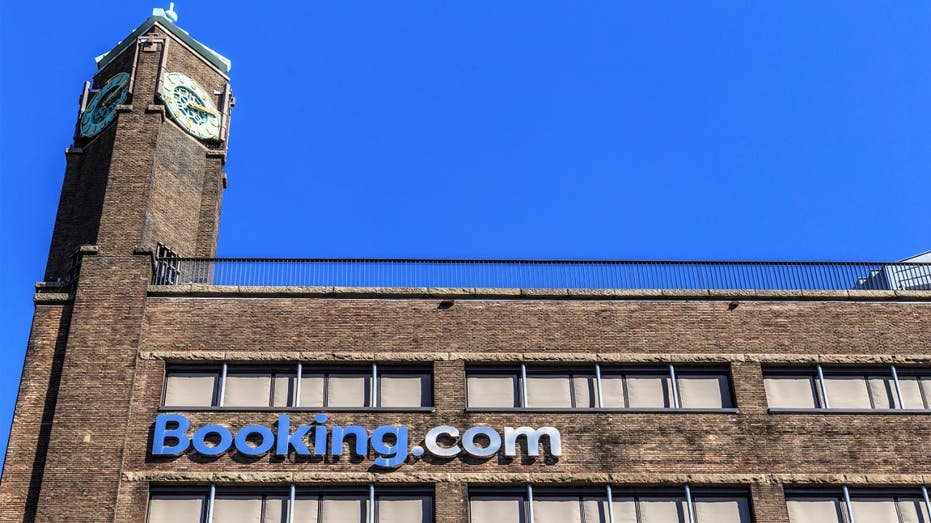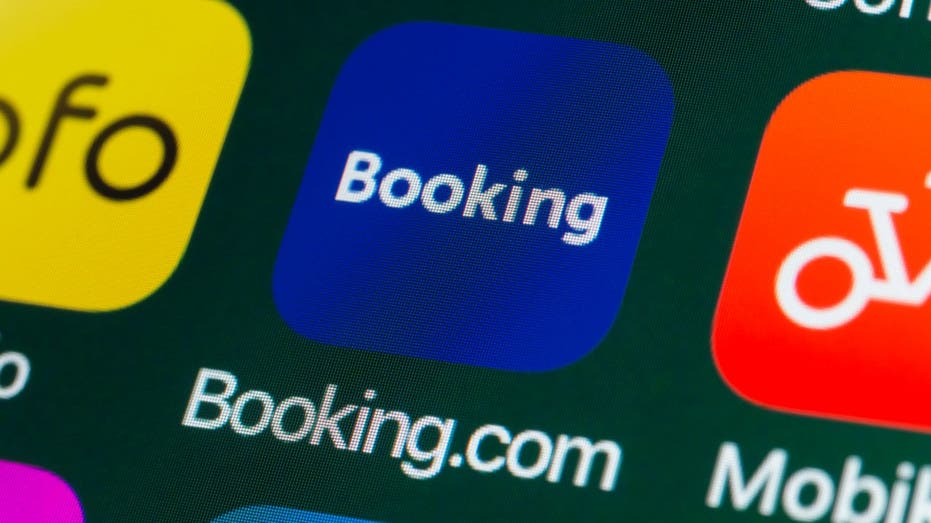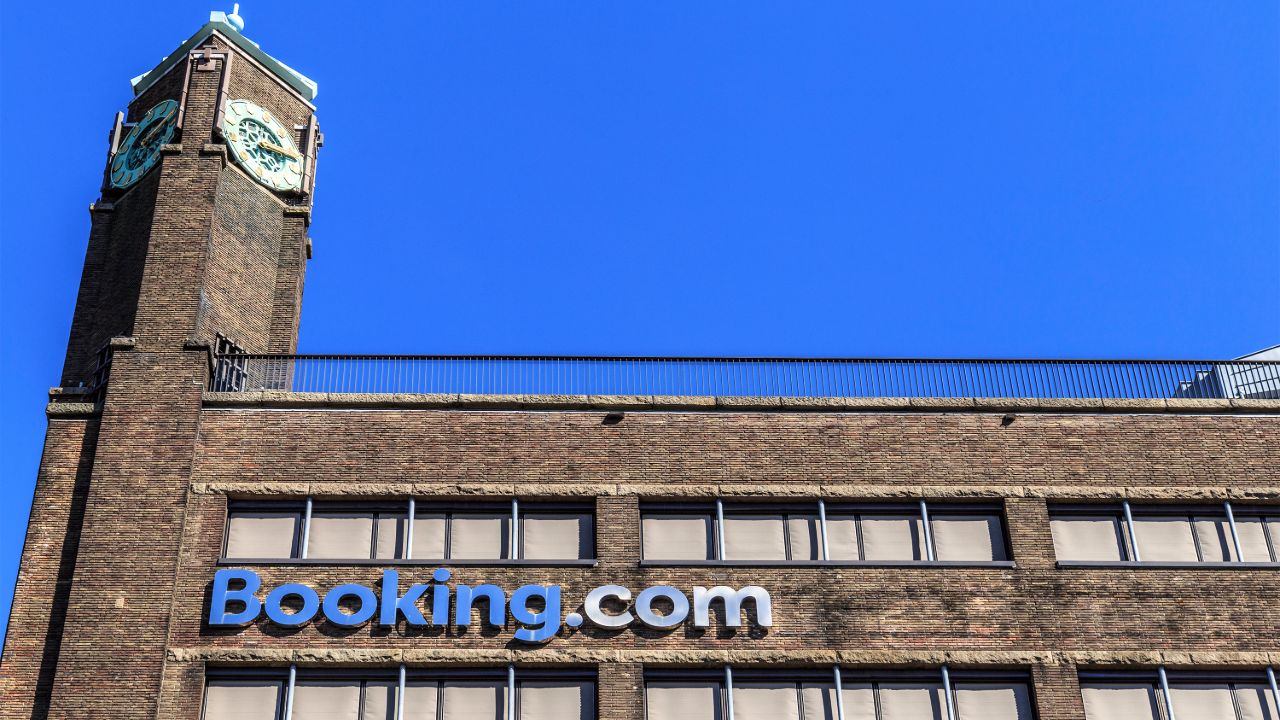Two travel giants raised $4 Billion to ride out the pandemic. Only one needed it.
Cash imbalance illustrates travel rivals' differences
For travelers looking to book a flight or hotel room, Booking.com and Expedia.com look a lot alike. Yet the two fared very differently when the coronavirus pandemic shut down travel, thanks to different strategies behind their websites.
Revenue has plunged at both Booking Holdings Inc. and Expedia Group Inc. this year. Each company moved quickly to raise about $4 billion in the spring to navigate the crisis. Expedia ended the third quarter with double the debt it started the year with, while Booking wound up with a bigger cash cushion.
The cash imbalance illustrates how differently the two rivals operated their online travel services. Expedia often collected cash upfront from hotel travelers, and when those customers canceled, the company had to pay them back. By contrast, Booking didn't charge upfront as often for hotel stays, so had less to refund when cancellations occurred.
| Ticker | Security | Last | Change | Change % |
|---|---|---|---|---|
| BKNG | BOOKING HOLDINGS INC. | 4,236.85 | -220.32 | -4.94% |
| EXPE | EXPEDIA GROUP INC. | 237.32 | +0.47 | +0.20% |
LAS VEGAS CASINO RECOVERY THREATENED BY NEW CALIFORNIA CORONAVIRUS LOCKDOWNS
With Covid-19 cases surging, some countries have imposed new restrictions and the Centers for Disease Control and Prevention has advised Americans not to travel for the Thanksgiving holiday. But executives at Booking and Expedia said earlier this month that they survived the worst of the pandemic and feel optimistic about news of promising vaccine candidates. The travel giants have ample cash reserves and have no plans to change business strategies, they said.
"If you run out of your cash, it's like if you're a human being and you run out of blood. You're dead," Booking Chief Executive Glenn Fogel said in an interview. Early on in the pandemic, he said, Booking executives started looking at financial models to estimate how much they needed to survive for one or two years with no revenue. Booking sold $4 billion worth of bonds in April.
Though revenue plunged over the summer and the company had to issue some refunds, most of the cash Booking raised in the spring added to its reserves. Booking had $11.2 billion in cash at Sept. 30, about $4 billion more than it did on March 31.
Expedia, which generated about 80% as much revenue as Booking did in 2019, held a smaller cash cushion before the crisis and burned through much of the funds raised in the spring.

Revenue has plunged at both Booking Holdings Inc. and Expedia Group Inc. this year. (Gabby Jones/Bloomberg via Getty Images)
PRINCESS CRUISES CANCELS WEEKLONG (AND LONGER) US VOYAGES THROUGH NOVEMBER 2021
Expedia ended the third quarter with about $5.1 billion in cash, roughly what it held in the first quarter -- but significantly more debt. Where Booking's net debt -- or total debt minus cash and cash equivalents -- has decreased by almost half over that time, Expedia's net debt rose by 73%.
"We knew that things were bad. We didn't know how long they'd be bad for, " Expedia Chief Executive Peter Kern said in an interview. "We just wanted to make sure we had ample capital to sustain ourselves through whatever we could imagine at the time."
Booking operates mainly with an agency model, which means the company collects a commission from the hotel, which it records as revenue, only after the customer checks out. While Expedia conducts some business that way, it gets much of its revenue under the merchant model, where customers pay up front. On average, it holds cash for 50 days, analysts say, adding to its reserves and working capital.
When customers started canceling their plans and asking for refunds during March and April, Expedia burned through about $2.8 billion of cash, according to Cowen analyst Kevin Kopelman. "A combination of that cash outflow from returns and the fact that they were holding on to less excess cash meant that they were definitely more cash strapped," Mr. Kopelman said.

Booking didn't charge upfront as often for hotel stays, so had less to refund when cancellations occurred. (iStock)
HAWAII IMPOSES NEW COVID-19 TRAVEL RESTRICTIONS
Expedia secured a $3.2 billion investment from Apollo Global Management and Silver Lake in April, which gave the private-equity firms preferred shares and a seat on the board. In July, Expedia sold $1.25 billion worth of bonds.
Expedia's Mr. Kern said investors know Expedia's business model carries additional risk and he was pleased with the execution on the debt. "Paying a little extra, being a little extra defensive so we could maintain ourselves through this, and then pay it off on the other side, is a small price to pay," Mr. Kern said.
While they offer similar services and are global players, the two rivals are stronger in different geographies, which has also shaped the crisis's impact on their business.
Booking, which also owns Priceline and Kayak, is bigger in Europe. Early in the summer, as lockdowns there eased, Booking's business started to recover. Expedia, which also owns Orbitz and Vrbo, has a bigger U.S. focus and got a lift later in the summer when travel picked up stateside.
"It's been like a tale of flip flopping stories," said Deutsche Bank analyst Lloyd Walmsley. But investors are more focused on what these companies will look like in nine or 18 months and looking for news on vaccines and treatments, Mr. Walmsley said.

Booking in August said it would reduce its 26,400 global workforce by 25% and is developing a new payment product for the vacation-rental market. (iStock)
GET FOX BUSINESS ON THE GO BY CLICKING HERE
Both companies said they don't expect to raise any more cash in the near future. Executives believe that news of Covid-19 vaccines will get people more excited about travel. This month, Pfizer Inc. and Moderna Inc. said competing vaccines they are testing were 95% and 94.5% effective, respectively.
Even as coronavirus cases rise around the globe, Booking and Expedia are planning beyond the pandemic.
Expedia had been working on a restructuring before Covid-19, in February setting plans to cut about 3,000 of its 25,400 jobs. Once the pandemic hit, executives raised their cost-cutting goals to up to $750 million from $500 million, Mr. Kern said. The company is working on new tools that require fewer people in its customer-service operations.
The company was focused on its cash reserves earlier this year but the worst is over, Mr. Kern said. "It's not what keeps any of us up at night," he said.
Booking in August said it would reduce its 26,400 global workforce by 25% and is developing a new payment product for the vacation-rental market. "We still have to create new better things because we have competitors that are doing better," Mr. Fogel said.
The vacation-rental market relies more on collecting payments upfront like Expedia, analysts say. But Mr. Fogel said Booking would quickly pay those funds to homeowners and not rely on that cash as permanent financing. "It's not the method," he said. "It's how you treat it."




















